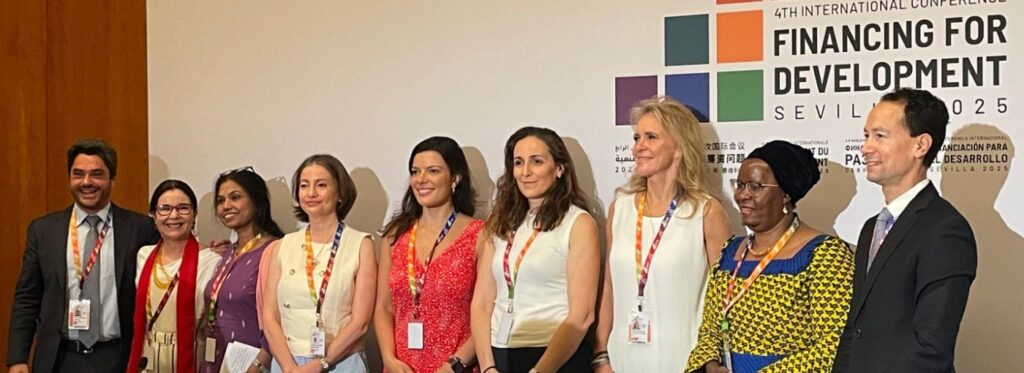The expansion of social media use in Zimbabwe has meant it has become an important medium through which Zimbabwean civil society organisations can reach out to the public when promoting and protecting human rights.
The social protests that rocked Zimbabwe in July-November 2016 were also a clear testimony to the potential of social media in enabling human rights defenders to express themselves and mobilise citizens for various causes.
Despite the exponential growth of internet access in Zimbabwe – according to ITU, an estimated 46,5 per cent or 6,759,032 of Zimbabwe’s 14,500,000 people have some kind of access to the internet mainly via mobile, CSOs have been either slow or reluctant to embrace online technology to engage their supporters and donors in order to facilitate social change. The internet is extremely under-utilised among CSOs. Apart from email, it is used for very little else to advance CSOs causes. The scepticism towards online technology is veiled behind a number of factors such as lack of technical capacity but that is only one part of the equation. The digital ecosystem is constantly expanding and CSOs find themselves unable to cope with learning the galore of new tools and skills that are required to be competent online. There definitely needs to be a more aggressive approach in how CSOs approach online technology.
In this context, Hivos Southern Africa in collaboration with the Embassy of the Kingdom of the Netherlands (EKN) through the Human Rights Fund is holding a practical and interactive training workshop for its civil society partners on the strategic importance of social media for human rights advocacy on March 16, 2017.
The meeting will map out why and how CSOs can leverage social media tools to enhance the reach of their messages and conversation to a wider audience. The meeting will highlight why it is critical for CSOs to pay particular attention to mobile telephony as most users in Zimbabwe access social media via mobile phones.
In addition the meeting will emphasize the importance of CSOs to develop content strategies that are aligned to the overall communication objectives and missions of the respective organizations.
More often than not CSOs have tended to treat social media as a separate entity from their overall communication processes. As a result, knee jerk approaches have been employed in the management of social media characterised by rapid fire social media posting during workshops to the detriment of audience engagement.
Furthermore, CSOs tend to expect quick returns to social media; there is little appreciation that engagement is a long term investment that requires forward planning, monitoring and evaluation and in some cases investing in advertising dollars.
Despite that many CSOs are sitting on rich content, they have been unable to adequately package it into bits that are easily digestible on social media. Some CSOs who work at community level have a reluctance to engage on social media because they regard it as an elitist phenomena divorced from their target audiences. Furthermore, there is little to no linkage between web platforms that CSOs manage and their social media accounts.
Against this background, a key expected outcome of the training is enhanced the communication strategies of HRF partners through integrated communications for human rights training on social media and the internet.
The training process will be hashtagged #social4humanrightsZW and/or #socialmedia4humanrights.
Participants will be taken through paces of how to build content that stimulates an emotional connection with their audience. In addition, they will be taken through some of the social media tools and how to strategically select the ones that makes the most sense for their audiences, including constituents, donors and advocates.
The training will also focus on how to create content calendars as well as how to measure and track results. A social media for human rights handbook will be developed for wider sharing out of the training.




